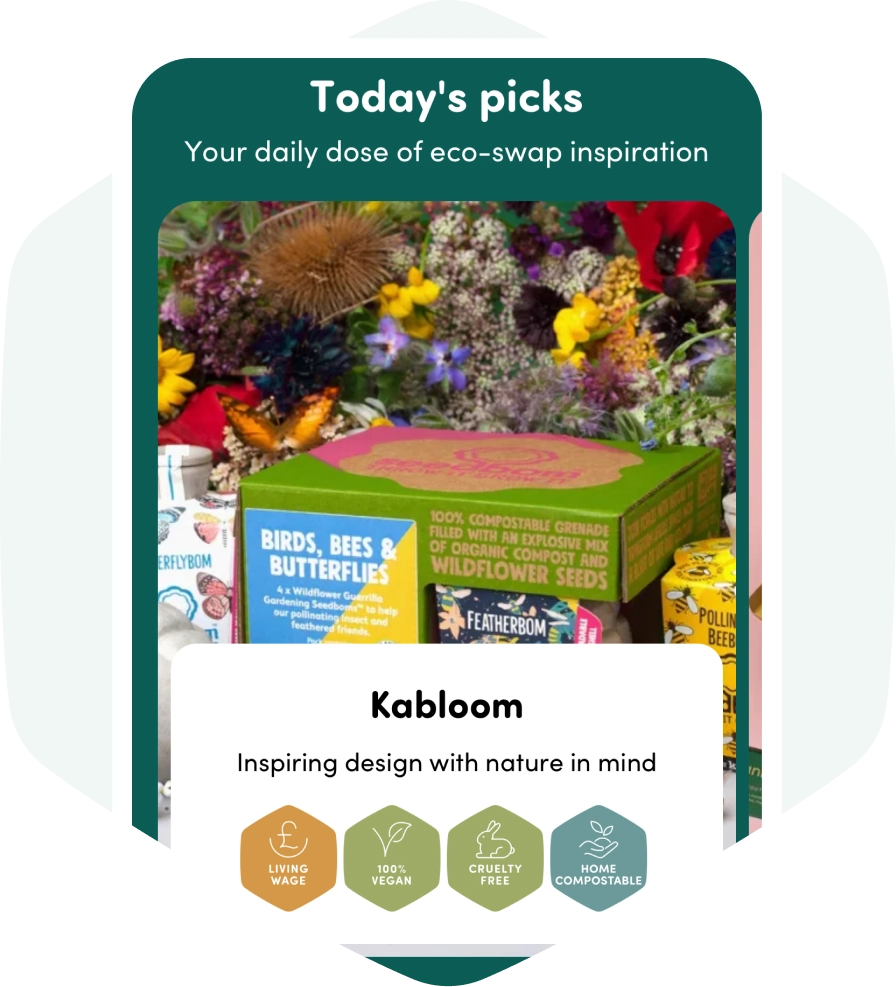The construction sector is one of many industries trying to focus more on being environmentally friendly and sustainable this year. Many companies have begun scrutinizing how their practices affect the environment, which has led to an overall change of mindset in how businesses worldwide operate.
Here are some ways construction is going green despite demands and challenges.
1. Net-Zero Buildings
Net-zero buildings are becoming increasingly popular in the construction industry because they yield as much energy as they use. These carbon-neutral buildings efficiently meet emissions targets.
Energy-efficient buildings with passive design, geothermal systems and solar panels attract buyers who want to decrease their operational costs while protecting the environment. These types of buyers are becoming more prevalent as people consider energy efficiency worldwide.
2. Being Mindful When Choosing Materials
Construction companies are increasingly aware that their material selection can heavily impact the environment, and many have chosen to be more mindful.
For example, trailers are an opportunity to be more environmentally responsible. Instead of choosing heavy steel trailers, construction companies have moved toward aluminium, which is 100% recyclable and requires far less energy than steel.
Aluminium trailers are also more sustainable. Thanks to their light weight, they get better gas mileage than steel trailers. Better gas mileage means fewer emissions and more affordability for the company concerned, therefore saving money whilst being environmentally considerate.
3. Reducing Waste
The construction industry undeniably generates a significant volume of waste, but many companies are trying to change this with a practice called deconstruction, fundamentally different to the basic demolition methods that have previously been used in this sector.
In contrast to demolition, which destroys the materials in the original building, deconstruction involves salvaging pieces to reuse in a different project if it’s safe to do so according to local building regulations.
4. Sustainable Building Practices
While not every building can be net-zero, the construction sector has turned to solar energy, LED lighting and other responsible materials to ensure sustainability. Some companies even use electric or hybrid machinery.
2025 is also likely to see a rise in robots that will work autonomously, reducing the need for manual labour and allowing for more efficient building with faster turnaround times.
5. Prefabricated Buildings
Crafting building components in a controlled setting reduces material waste and speeds up assembly once the team arrives at the job site. This will allow for faster turnaround on buildings and make them more affordable for all involved.
Ideally, the workshops that manufacture these components would run on solar power and other sustainable energy sources. Combining these with waste-reducing practices will transform the construction sector.
6. Government Incentives
In some countries, like Singapore and China, governments incentivize new net-zero buildings and encourage companies to retrofit existing buildings to achieve a net-zero status.
New York has joined the retrofitting effort, with carbon caps that apply to buildings and some buildings receiving fines if they do not reach emissions targets. These incentives will hold buildings to an higher standard.
7. Supply Chain Management Efficiency
While construction is primarily a hands-on, practical industry, companies still rely on technology for order tracking, material estimates and logistics. However, these technologies are not always as beneficial as advertised.
Upgrading the supply chain management process is essential to work more effectively. The more accurate the process, the less waste there will be, reducing the project’s carbon footprint.
8. 3D Printing
In the same vein as prefabricated materials, 3D printing is well-positioned to become more prevalent in 2025 — especially when designing complex aspects of materials or in custom pieces.
Manufacturers have already embraced 3D printing for making everything from toys to cars, but this technology has gradually gained traction in the construction industry. One of the best things about 3D printing is that it allows recycled materials to create the designs, further reducing the carbon footprint associated with constructing a new building.
What’s Next for the Construction Industry?
The construction industry is undergoing many changes and becoming more energy-efficient with every passing day. While overhauling this sector will take a significant amount of time and effort, current efforts represent a promising step forward.
As the world becomes more environmentally conscious, an increasing number of industries will begin to change how they operate. The construction industry is just one of the few that has already started doing all they can to ensure that they are providing the necessary changes to their operations.
Technology should continue driving sustainable and measurable change through 2025 and beyond. These efforts will ensure long-term changes in environmental responsibility and building emissions.
Author Bio: Oscar Collins has written in the sustainability space for over five years with bylines at Earth911, Sustainable Review and Happy Eco News. Check out Modded or follow him on X @TModded for frequent updates of his work.
You may also like...
Sign up for our newsletter
Get the latest sustainability news delivered directly to your inbox.






